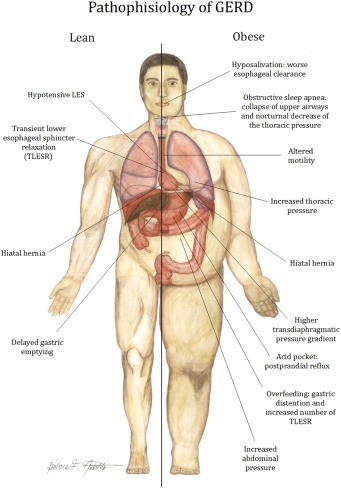What is the priority action the nurse will take for a 4-year old client admitted with minimal change nephrotic syndrome (MCNS) who has hypertension and facial edema?
Monitor the client's fluid volume and hydration status.
Teaching the client's parents about and preparing for a renal biopsy.
Consulting with a registered dietician about adequate intake.
Use only sterile techniques to prevent infections.
The Correct Answer is A
In a client with minimal change nephrotic syndrome (MCNS), the primary concern is the management of fluid volume and hydration status. MCNS is characterized by increased glomerular permeability, leading to excessive protein loss in the urine and subsequent hypoalbuminemia. This can result in fluid retention and edema formation, including facial edema.
Hypertension is a common complication in clients with MCNS, and it further contributes to fluid retention and potential complications. Therefore, closely monitoring the client's fluid volume and hydration status, including daily weights, intake and output measurements, and assessment of edema, is crucial to detect any changes and guide appropriate interventions.
While other actions, such as consulting with a registered dietitian about adequate intake or using sterile technique to prevent infections, may be important aspects of the client's care, they are not the priority in this situation. The immediate concern is managing the client's hypertension and fluid volume status to prevent complications associated with MCNS.
Nursing Test Bank
Naxlex Comprehensive Predictor Exams
Related Questions
Correct Answer is B
Explanation
Excess body weight, particularly in the abdominal area, can increase intra-abdominal pressure and lead to the weakening of the lower esophageal sphincter (LES). The LES is responsible for preventing stomach acid from flowing back into the esophagus. When it becomes weakened, it can contribute to the development of GERD. Other risk factors for GERD include certain dietary choices, such as consuming fatty and spicy foods, smoking, pregnancy, and alcohol consumption.

Correct Answer is A
Explanation
Unequal scapula and hip heights can be indicative of spinal curvature, a key characteristic of scoliosis. As the spine curves, it can cause the shoulders and hips to appear uneven when observed from behind. This asymmetry is an important visual clue that warrants further assessment and evaluation.
Equal rib prominence and tight-fitting clothes, equal waist and shoulder angles, and symmetric chest expansion with deep breaths are not specific signs of scoliosis. These signs may not be affected by spinal curvature and are not typically used in the screening process for scoliosis.
It's important to note that scoliosis screenings may involve more comprehensive assessments, including the use of scoliometers or other measuring tools to evaluate the degree of spinal curvature. Any concerns or suspicions of scoliosis should be reported to appropriate healthcare professionals for further evaluation and management.

Whether you are a student looking to ace your exams or a practicing nurse seeking to enhance your expertise , our nursing education contents will empower you with the confidence and competence to make a difference in the lives of patients and become a respected leader in the healthcare field.
Visit Naxlex, invest in your future and unlock endless possibilities with our unparalleled nursing education contents today
Report Wrong Answer on the Current Question
Do you disagree with the answer? If yes, what is your expected answer? Explain.
Kindly be descriptive with the issue you are facing.
